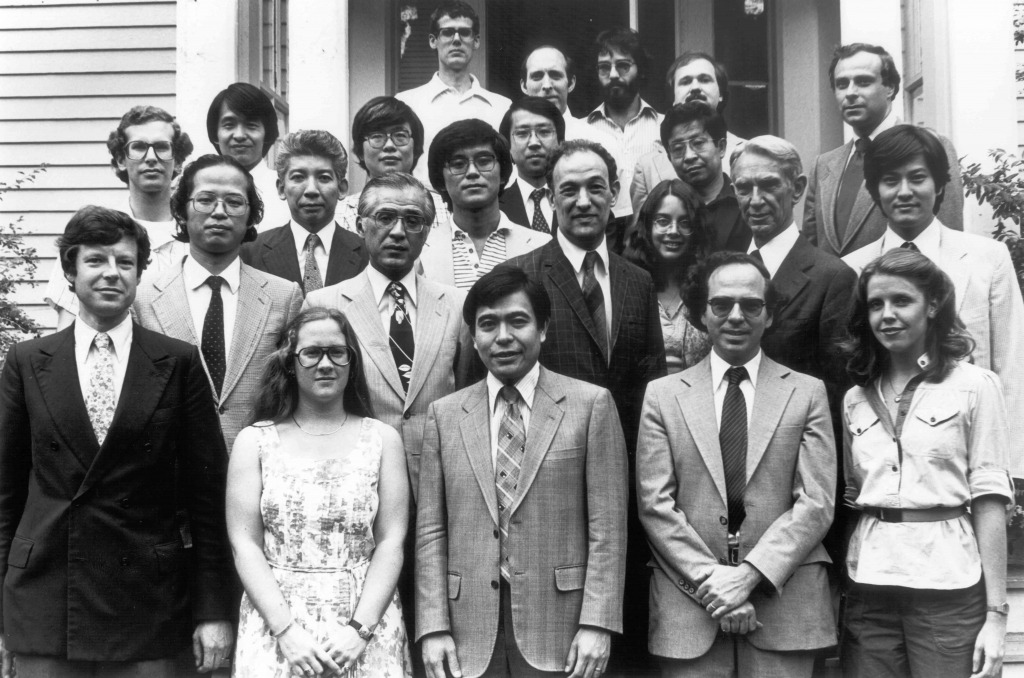
The Program was founded in 1980 based on the belief that the United States and Japan have become so interdependent that the problems they face require cooperation. Co-sponsored by the Weatherhead Center for International Affairs and the Edwin O. Reischauer Institute of Japanese Studies, the Program enables scholars and outstanding professionals from government, business, finance, journalism, NGOs, and other fields to come together at Harvard. Over the academic year, they conduct independent research and participate in an ongoing dialogue with Harvard faculty and students, and with others from the greater Cambridge-Boston community. The Postdoctoral Fellowship Program enables several outstanding postdoctoral fellows from such fields as anthropology, economics, history, political science, and sociology, to join the Program each year.
The Program's intellectual mandate includes a wide range of issues and problems in U.S.-Japan relations; contemporary Japanese culture, economy, politics, and society as viewed from a comparative perspective; common problems of advanced industrial democracies; international relations of Asia and Asian regionalism; the globalization of Japanese popular culture; the rise of civil society in Asia; and global governance of issues such as energy, environment, and public health.
To ensure a broad scope in its endeavors, many of the Program's seminars are co-sponsored with other centers, departments, and schools at Harvard. The Program advances the educational mission of the University in a variety of ways, including the fostering of “research pairs” between the Program's Associates and Harvard's graduate students and working with the Reischauer Institute to provide opportunities for Harvard undergraduates to hold summer internships in Japan.
